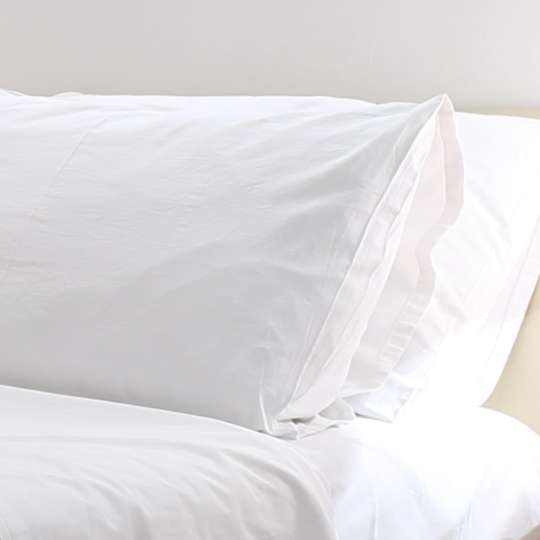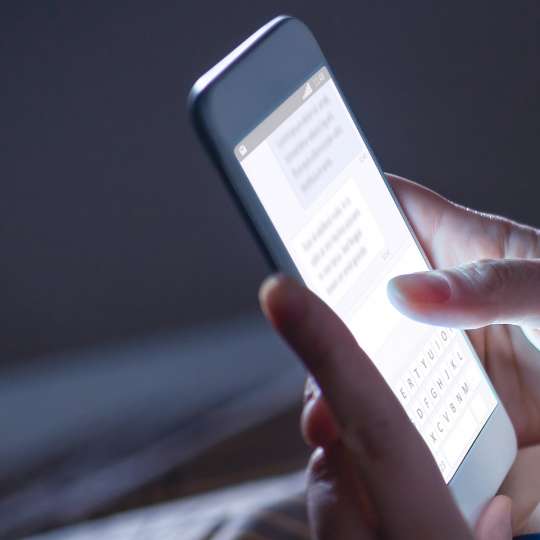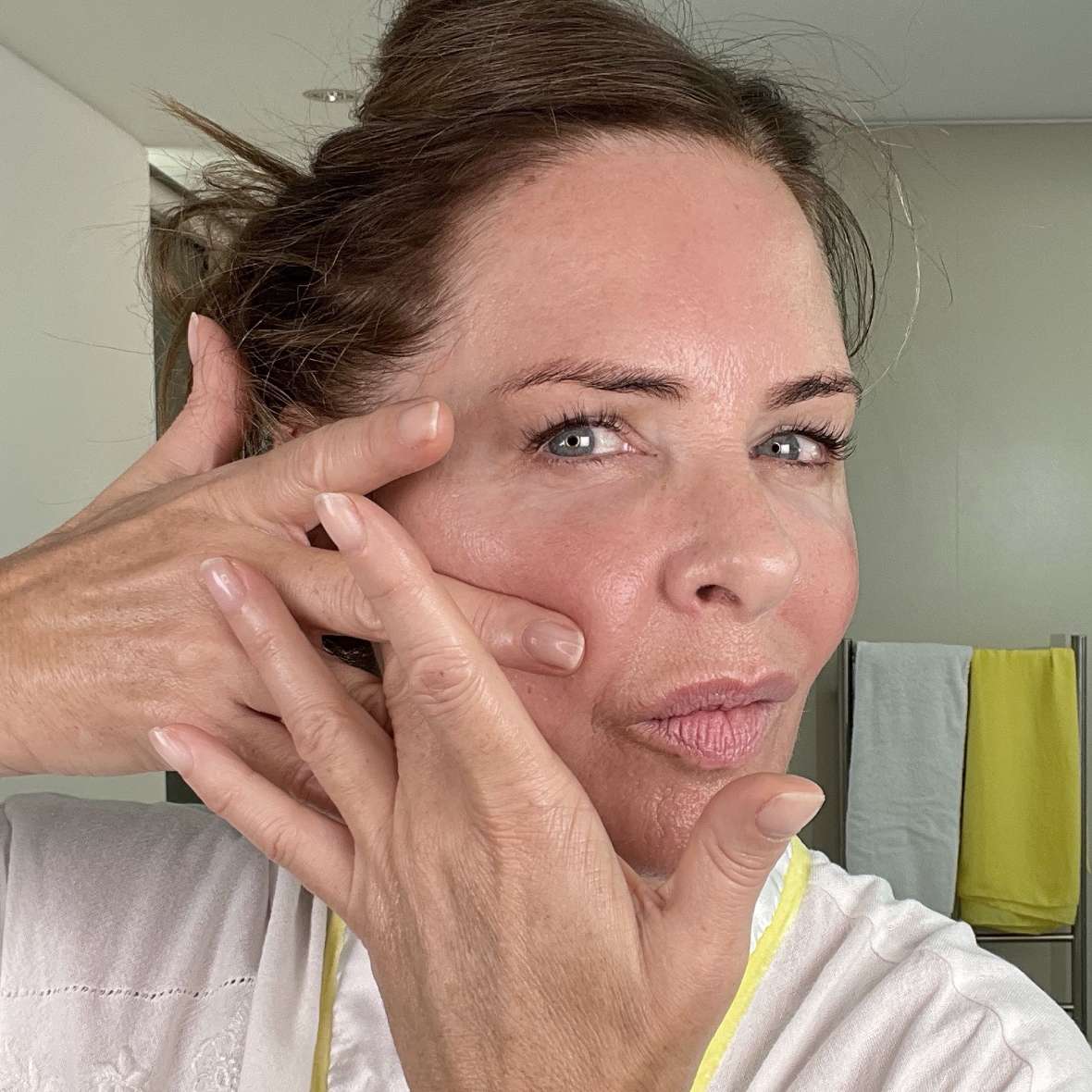

How does sleep benefit our skin?
There are few things more satisfying than waking up from a really brilliant night’s sleep. The kind of rest that makes you want to leap out of bed and face the day, where you’re greeted with a glowing, fresh face in the mirror.
While we’re snoozing, our body’s are busy. Think of them like cleaners, tidying up after a big party the night before. They’re doing their best to repair damage done throughout the day, regenerating so we can function at our best when our alarm clock sounds. Our skin, as the biggest organ in our body (and our first line of defence) benefits from this process too. Especially as our sleep is one of the only times our skin isn’t battling against a myriad of external factors, such as UV rays and pollution.
There are also knock-on effects too. If we’re waking up feeling rested and restored, then we’re less likely to rely on caffeine, or reach for sugar-laden snacks to fuel us. Both of which can negatively affect the skin.
What happens to our skin when we don’t sleep?
When we miss out on sleep, we not only miss out on crucial repair time for our skin but can trigger additional issues such as dehydration and accelerated ageing. And it’s not just a problem if you’re a longtime insomnia sufferer, even as much as one night of missed sleep can impact our complexions.
“When we are sleep deprived, it has an impact on our skin,” says consultant dermatologist Dr Justine Hextall. “Small studies, including a Korean study of 32 women in their forties, assessed their skin after six days of eight hours sleep and six days of four hours sleep. Even after one night of poor sleep the skin appeared dehydrated with increased desquamation (a medical term for peeling or shedding of skin cells). As time went on, this issue increased, but the most notable change at the end of the study was a loss of skin elasticity.”
“A similar study published in 2015 in Clinical and Experimental Dermatology looked at 60 healthy women divided into two groups: those who slept for eight hours a night and those who slept for five hours or less. The sleep deprived group had increased transepidermal water loss and were less able to recover after UV light damage to the skin. This small study shows both skin barrier issues with sleep deprivation and a reduction in skin recovery which may well impact collagen in the long term.”
In short, the less you sleep, the more likely you are to experience immediate issues associated with dehydration (tightness, dullness, exaggerated fine lines) as well as long term loss of elasticity and bounce.
Many of these skin changes can be attributed to stress. It’s a vicious cycle, as whirring thoughts mean it’s hard to sleep when we’re stressed, and not being able to sleep makes us even more stressed. When we experience stress, levels of the hormone cortisol spike. This effectively puts the body into fight or flight mode, prioritising our essential organs and leaving our skin at the very bottom of the pecking order.
How can we reduce the signs of poor sleep in the skin?
The good news is that all is not lost if you’re struggling to get enough shut eye. Stress is just one reason why you may be finding yourself unable to sleep, but things like diet, exposure to blue light and the menopause can all have an effect too. Get ahead of any potential skincare concerns that may arise from poor sleep by switching up your skincare.
“If you’re someone who is not sleeping well, you can mitigate against it,” advises Dr Hextall. “Make sure you’re using really lovely hydrating skin products and a high factor sunscreen to protect against damage from UV rays, which you’re not going to be repairing as easily.” It makes sense to incorporate an antioxidant like vitamin C too. These ingredients fight off free radicals, molecules found in things like pollution and cigarette smoke, which can leave skin dull, drab and lacking in vitality.
Read, watch and be inspired...



